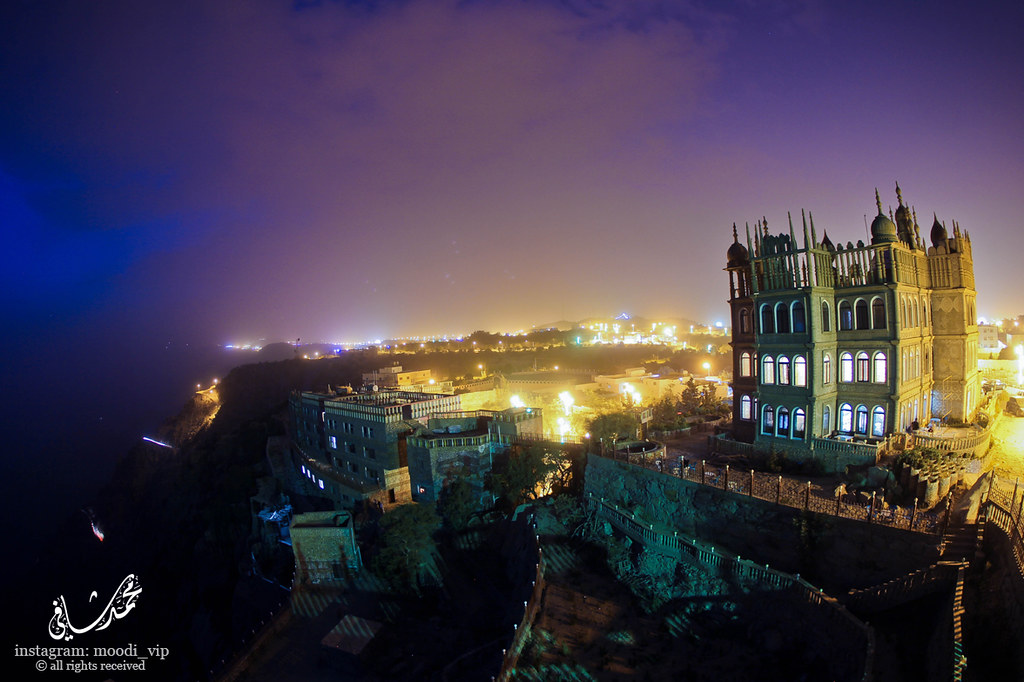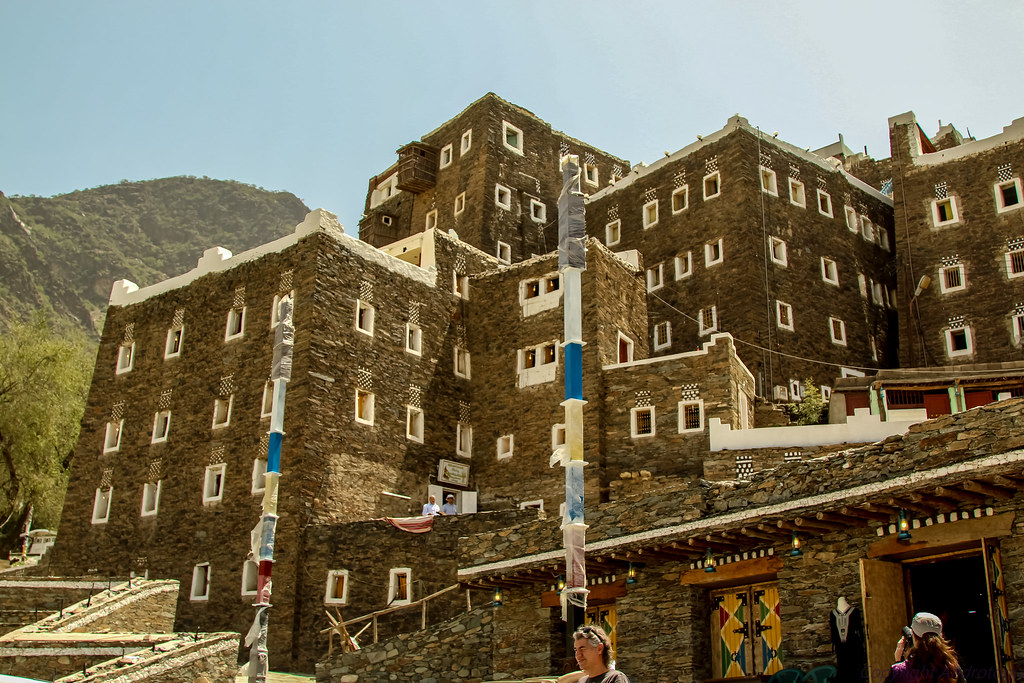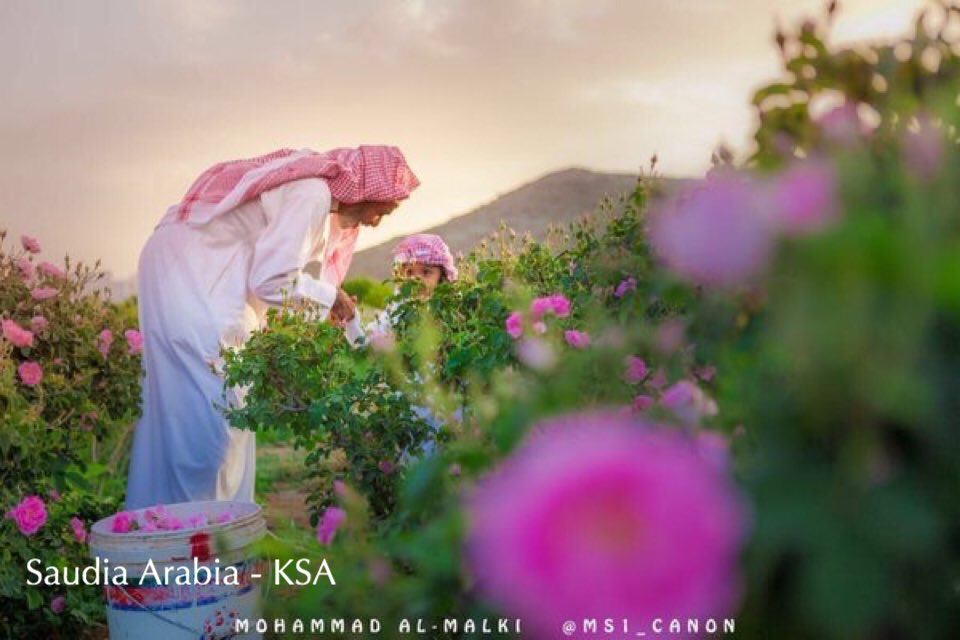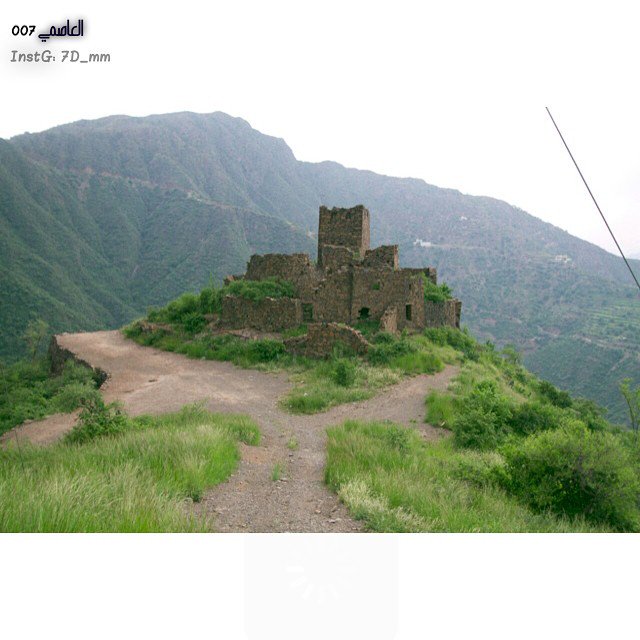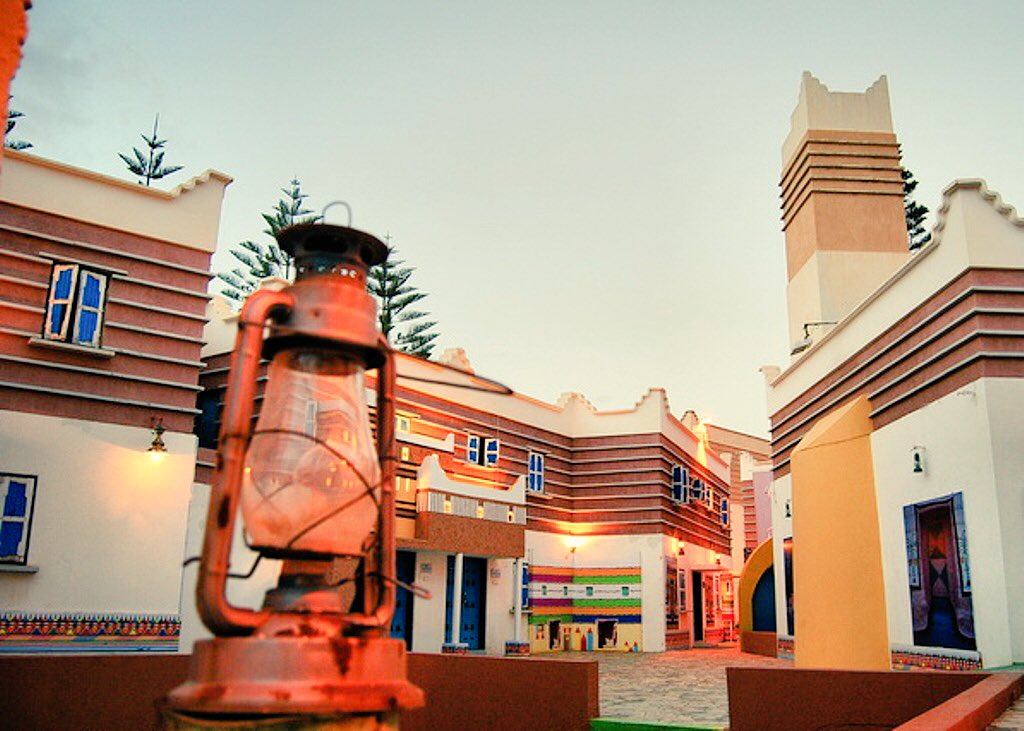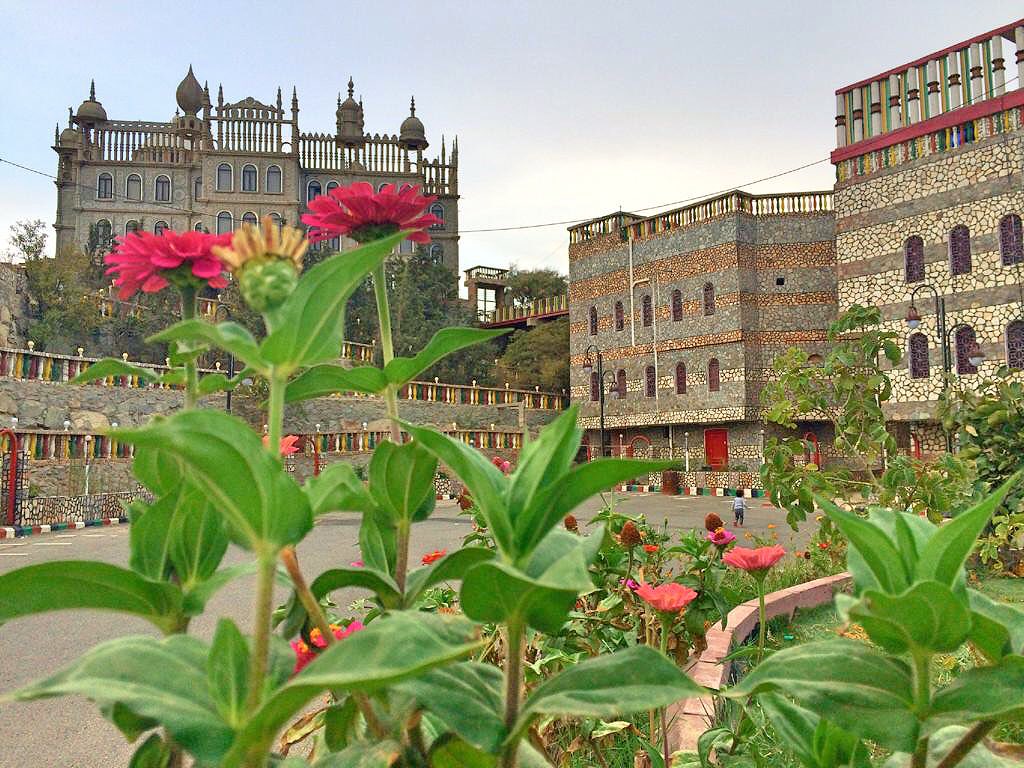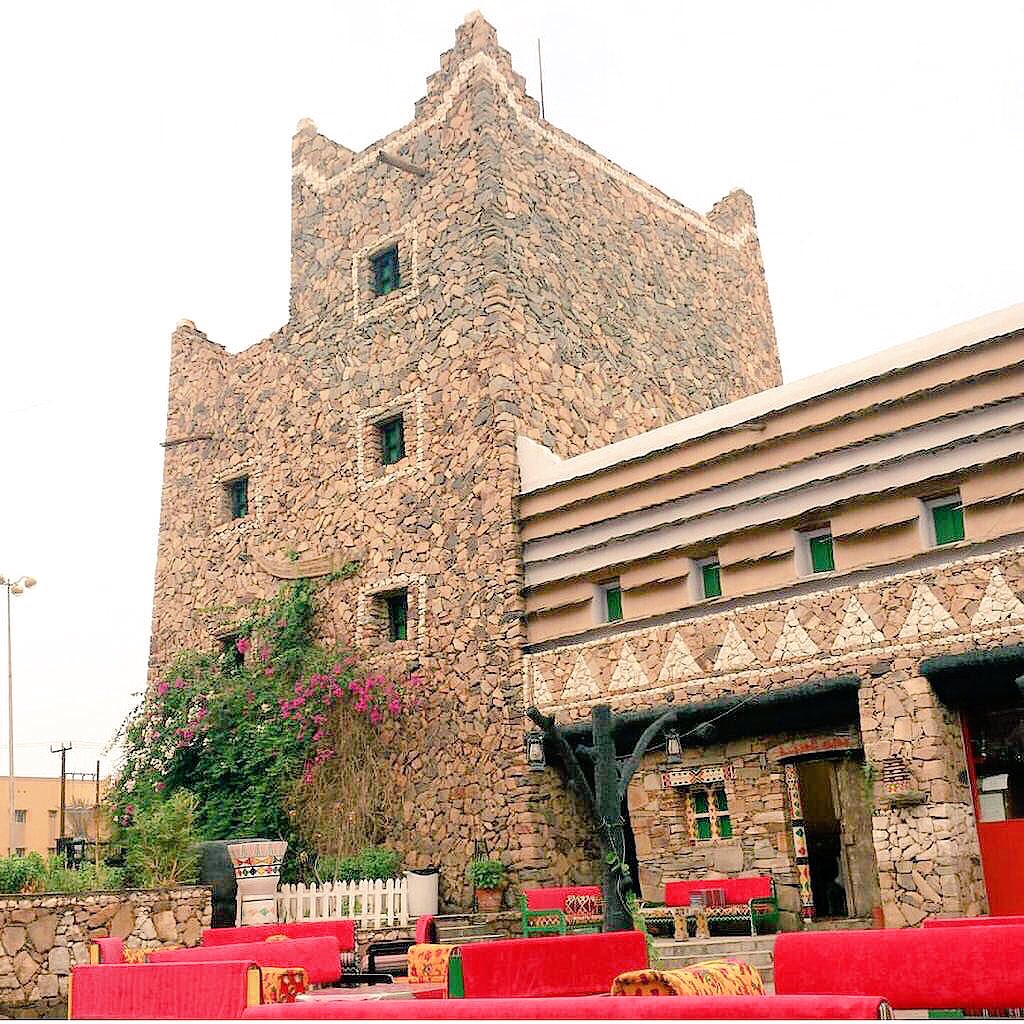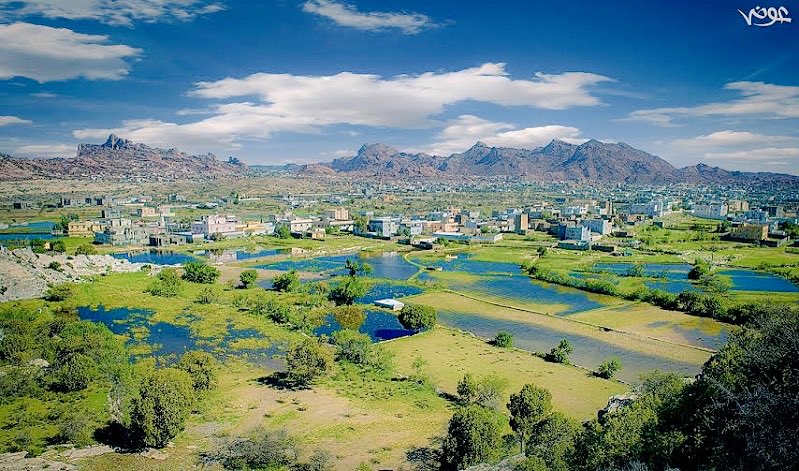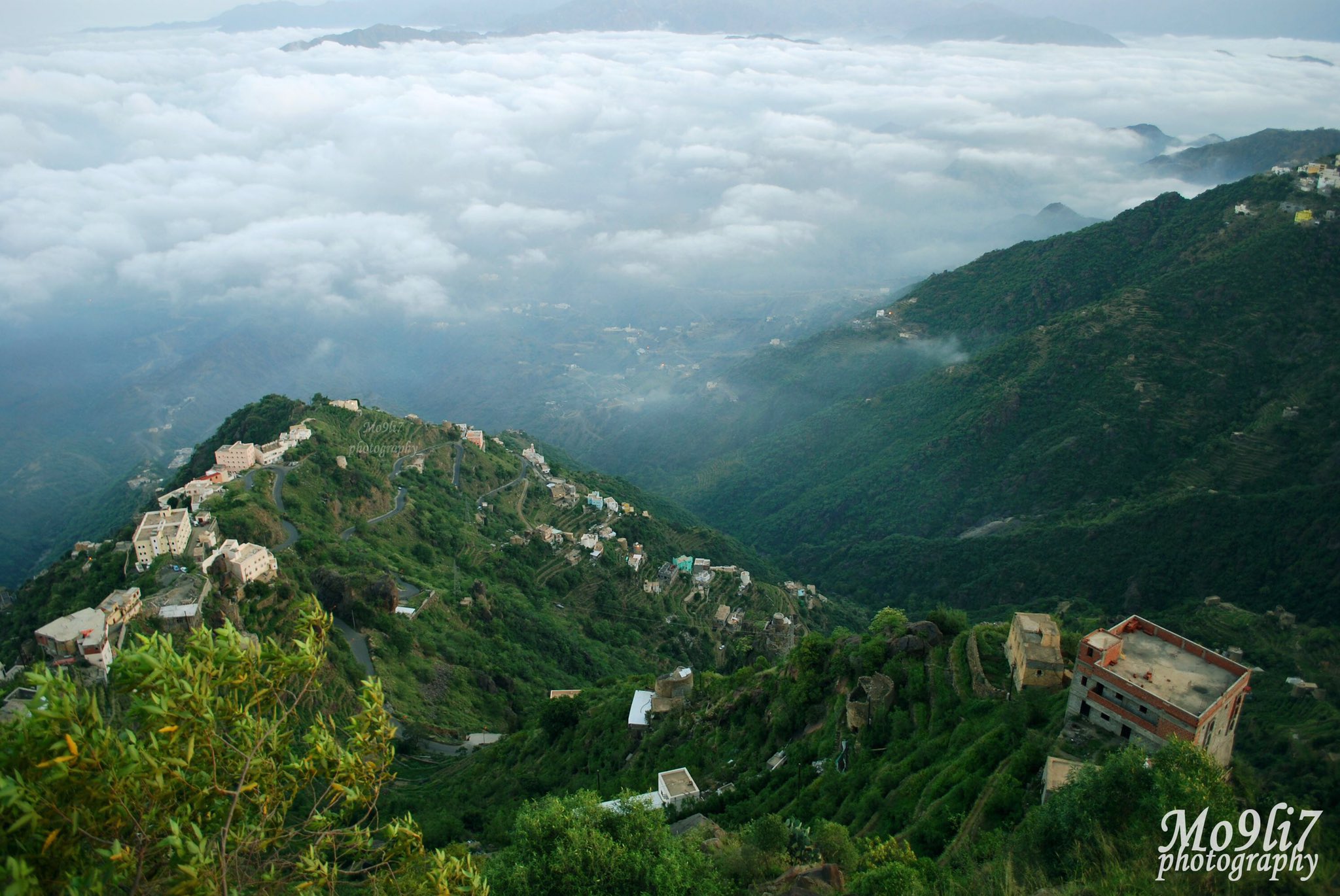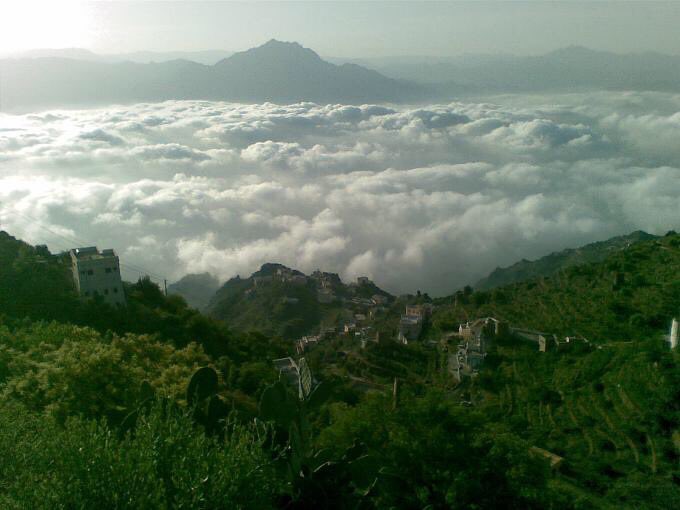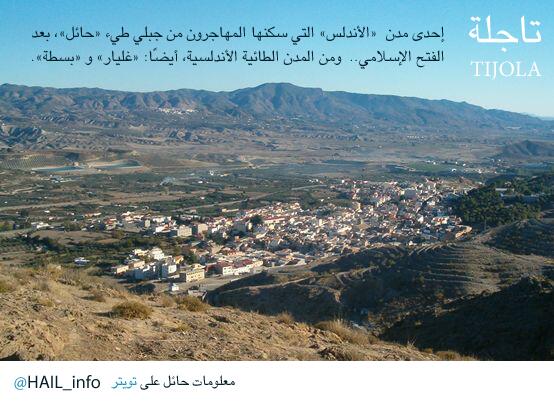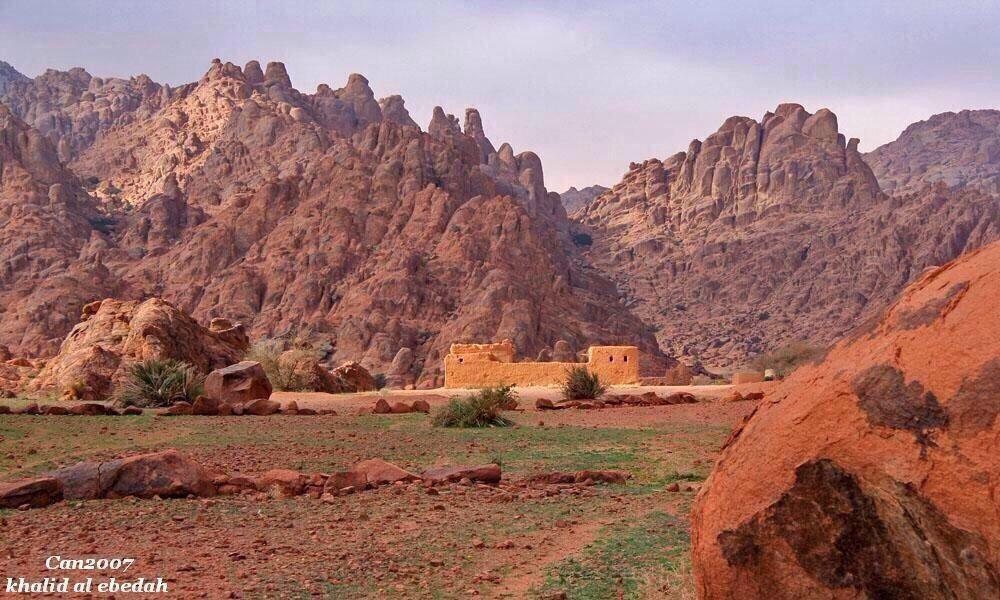@alarabi
People have wondered why I put so much emphasis on agriculture and farming in KSA and why I speak about helping farmers and communities that rely on farming. Simply because not only is it a beneficial and sensible thing to do (self-sufficiency) but also because most farmlands (naturally) are located in the countryside and thus a vibrant agricultural sector ensures that people, at least a significant portion, will remain in the countryside. Also investments from the outside and businesses related to agriculture can pour in.
Another important thing that I talk about much in KSA with family, friends or even on social media is the tourism sector. If KSA for once kickstarted a real tourism sector (we only need to look at neighboring GCC to see how we can do that without losing ourselves in the process). This would be another livelihood for people in the countryside.
Agricultural tourism especially.
Agricultural Tourism
Agricultural Tourism, or Agro-tourism, is a popular form of tourist activity that combines the rural world of farming with tourist travel to create a unique vacation experience. With Agro-Tourism, travelers have the opportunity to visit and even stay at country farms and participate in daily farming activities.
Saudi Countryside
Tourists are free to choose the duration of their stay at any of the breathtaking farms that specialize in rural tourism. During their stay, visitors can take part in agricultural chores such as harvesting crops, experiencing the customs of the rural and agricultural community and participating in local folklore. They can also enjoy the opportunity to buy fresh farm produce for a good price, whether be it meat, crops, crafts, souvenirs or items made or picked by the tourists themselves during their stay in the farm.
One of the best offers of rural tourism is its educational activities. Some farms are like mini-zoos and their owners take a special interest in raising animals and rare birds. Visiting families can learn many skills and gain much knowledge during their stay, such as how to grow and care for plants and trees, how to pick and store fruits and crops, how to prepare them for market, as well as taking care of the birds and animals. There are also many leisure activities, such as like trekking, riding bikes, mounting horses and mules, hunting or just relaxing and enjoying the bounty of nature.
Agro-tourism also offers activities outside the farm, like visiting adjacent historical towns and archaeological sites, wandering through seasonal markets, as well as participating in a variety of sports, such as hiking, biking, swimming, horseback riding, bird hunting, or just plain relaxing and enjoying in the beauty of Mother Nature.
How to select a farm?
When planning vacation on a farm, what may be most challenging is making a choice from the multitude of farms in your area. However, here are some guidelines that should be met when choosing a farm:
- The farm should be associated with a membership of agro-tourism
- Availability of comfortable accommodation, paved sidewalks, lighting, water, and basic services on the site.
- Availability of entertaining agricultural activities, such as participating in agricultural work, harvesting, and experiencing first-hand the rural traditions and customs.
- Existence of distinct agricultural production process where tourists can see and learn the art of production and get an opportunity to buy the desired farm produce.
- Availability of educational, recreational and sports activities that tourists can practice.
Staying on a Farm
Take a break, go away for a weekend and discover one of the huge farms available in the Kingdom of Saudi Arabia. Planning a trip like this will definitely clear your head by taking you away from the noise, traffic and work. You can go to a farm during any time of the year, and enjoy free time and relaxation in the midst of the quiet rural atmosphere. It is a vacation experience unlike any other, filled with the unique experiences of being on a farm, such as taking part in major harvest seasons, and picking dates, olives, and oranges. Plus, you will be able to experience the traditions and customs practiced in the rural communities, partake in folklore and traditional heritage, and observe animals and birds in the wild.
http://www.sauditourism.sa/en/About/Pages/l-Rural.aspx
This is a interview on Omani TV and the man speaks a lot of sense. People should do the same in KSA where the potential is much bigger even.
Or this wonderful report from Al-Baha, Hijaz.
Anyway it is a lost struggle as the youth simply do not care. At least most of them. So I will continue to contact officials like others do and tell them about my plans on social media.
I wrote to SctaSa lately and they replied but again and again we see that much is just talk. Sadly Prince Sultan bin Salman Twitter is inactive and writing to him, I doubt will result in a answer.
https://twitter.com/SctaSa?lang=da
Anyway I believe that he is the man to change the situation as he has done an excellent job so far. I very much like him. A curiosity one of my sisters is a friend of his youngest daughter Sahar. Only good things to say.
Here is his webpage but it also seems inactive.
http://www.sultanbinsalman.sa/Pages...w.sultanbinsalman.sa/SitePages/PrinceCVs.aspx



